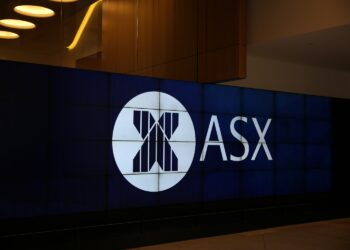Speaking in Sydney yesterday, CBA chief economist Michael Blythe painted a bright picture for the Australian economy with an optimistic outlook for commodity prices.
The bank forecasts commodity prices to retreat from their current levels, Mr Blythe said, but they won’t hit their previous low.
“The low is behind us. And despite all these expectations of prices falling, iron ore appears to be holding up remarkably well around that US$90 a tonne mark,” he said.
And even though coal prices have fallen, they are still twice as high as they were this time last year, My Blythe said.
“The level of prices is likely to settle lower than they are today but higher than they were at the bottom,” he said.
The main driver behind CBA’s confidence about commodity prices is the volume expansion that is about to take place.
“All of these LNG plants come online and we’re yet to reach the peak of our production – and there’s the export of coal and iron ore as well,” Mr Blythe said.
“So that volume story at a higher price is the bit that we expect to persist even if it’s not at the levels that we’re seeing right now,” he said.
Mr Blythe added that Australia is in a “net equity position” in that Australians own more foreign assets than foreigners own in Australia.
“This is a really unusual development. What it’s doing is it’s boosting our earning on our foreign assets, which is at least some offset to the interest that we pay on our foreign debt,” he said.
The increasing size and investment capacity of Australia’s superannuation industry will contribute to the phenomenon, Mr Blythe said.
“Australian super assets are now well over 100 per cent of GDP. They’re now so big that you can’t absorb all of that investment locally so we think an increasing proportion of it has to go offshore and it just means our foreign assets just continue to grow and the income we earn on those assets continues to grow as well,” he said.
Read more:
Kaplan makes RegTech acquisition
ASFA rejects tender process for default funds
Capital requirements top of APRA’s agenda
Australian custody sector hits $3 trillion
BNY Mellon names new Japanese executive







